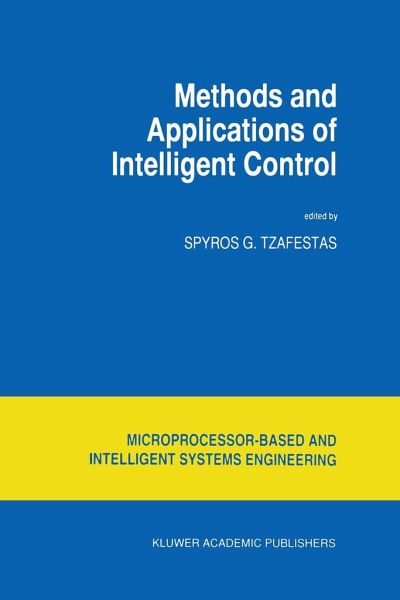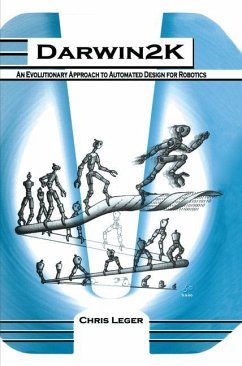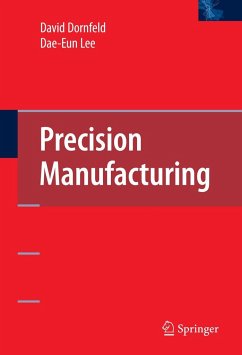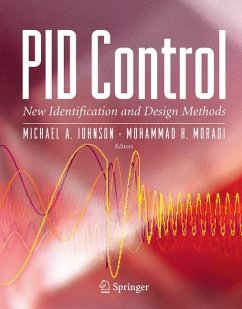
Methods and Applications of Intelligent Control
Versandkostenfrei!
Versandfertig in 1-2 Wochen
229,99 €
inkl. MwSt.

PAYBACK Punkte
115 °P sammeln!
This book is concerned with Intelligent Control methods and applications. The field of intelligent control has been expanded very much during the recent years and a solid body of theoretical and practical results are now available. These results have been obtained through the synergetic fusion of concepts and techniques from a variety of fields such as automatic control, systems science, computer science, neurophysiology and operational research. Intelligent control systems have to perform anthropomorphic tasks fully autonomously or interactively with the human under known or unknown and uncer...
This book is concerned with Intelligent Control methods and applications. The field of intelligent control has been expanded very much during the recent years and a solid body of theoretical and practical results are now available. These results have been obtained through the synergetic fusion of concepts and techniques from a variety of fields such as automatic control, systems science, computer science, neurophysiology and operational research. Intelligent control systems have to perform anthropomorphic tasks fully autonomously or interactively with the human under known or unknown and uncertain environmental conditions. Therefore the basic components of any intelligent control system include cognition, perception, learning, sensing, planning, numeric and symbolic processing, fault detection/repair, reaction, and control action. These components must be linked in a systematic, synergetic and efficient way. Predecessors of intelligent control are adaptive control, self-organizing control, and learning control which are well documented in the literature. Typical application examples of intelligent controls are intelligent robotic systems, intelligent manufacturing systems, intelligent medical systems, and intelligent space teleoperators. Intelligent controllers must employ both quantitative and qualitative information and must be able to cope with severe temporal and spatial variations, in addition to the fundamental task of achieving the desired transient and steady-state performance. Of course the level of intelligence required in each particular application is a matter of discussion between the designers and users. The current literature on intelligent control is increasing, but the information is still available in a sparse and disorganized way.














